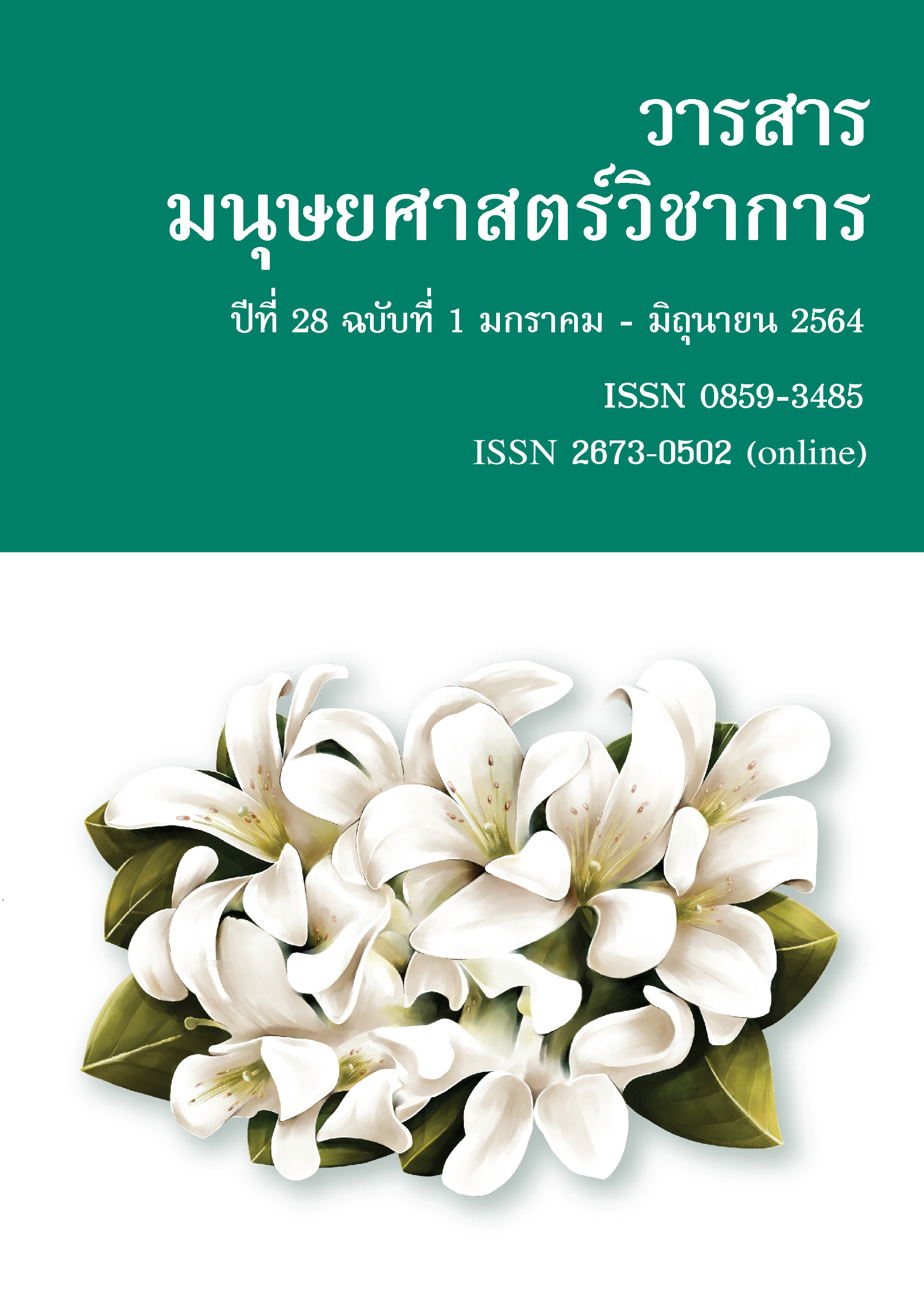The The Study of the Concept of Truthfulness in Confucianism through the Doctrine of Mean
Main Article Content
Abstract
The Doctrine of the Mean is one of the Four Chaturapakorn Scriptures (The Four Books from "The Four Books and Five Classics" in Confucianism), a principal scripture of Confucianism, which is the central pillar of Chinese culture, for it shows the indisputable principles of proper behavior and displays the connections between concepts and practices. Zisi, the author of the doctrine, was a direct descendant of Confucius. He inherited the idea of the Mean, or absolute suitability from Confucius, elevated the concept of truthfulness as the highest virtue, and propagated this view in the Doctrine of the Mean. This research paper aims to study the concept of truthfulness in Confucianism through the Doctrine of the Mean by a research methodology involving analyzing and interpreting the content in every chapter in which the word "Cheng" (truthfulness) appeared and linking the data and drawing conclusions from all details to create an exposition that would facilitate understanding. The research results show that truthfulness in the Doctrine of the Mean is absolute and unchanging truth. Truthfulness is the way of heaven. To reach truthfulness is the highest way of virtue of humankind. Truthfulness will enable humans to succeed in their self-training, and when truthfulness is achieved, it can be expanded to other virtues. Truthfulness is a virtue for both rulers and common people. If ordinary people can achieve truthfulness, they will live serenely in society. Likewise, if rulers achieve truthfulness, they will be able to govern in such a way that peace and happiness will prevail in their realm.
Article Details
References
ถาวร สิกขโกศล, และกนกพร นุ่มทอง. (2562). คัมภีร์ต้าเสวีย (มหาศึกษา) และจงยง (ความเหมาะสมที่ แน่นอน) สองคัมภีร์ แก่นคำสอนของลัทธิขงจื่อ. กรุงเทพฯ : สมาคมเผยแผ่คุณธรรม “เต็กก่า” จีจินเกาะ.
ราชบัณฑิตยสถาน. (2556). พจนานุกรม ฉบับราชบัณฑิตยสถาน พ.ศ.2554 (พิมพ์ครั้งที่ 2). กรุงเทพฯ : ราชบัณฑิตยสถาน.
孔麗. (2013). 論《中庸》之誠. 黑龍江史志, 120-121.
邵傑. (2015). 從《中庸》看“誠”之道. 探索帶, (4), 239-240.
張培高. (2013).《中庸》“誠”的多重意義之解析. 燕山大學學報(哲學社會科學版), 14(2), 85-90.
張悅. (2016).《中庸》之“誠”的意思. 西部學刊, 25-28.
朱熹. (1999). 中庸章句. 四书集注.三秦出版社, 21-57.


